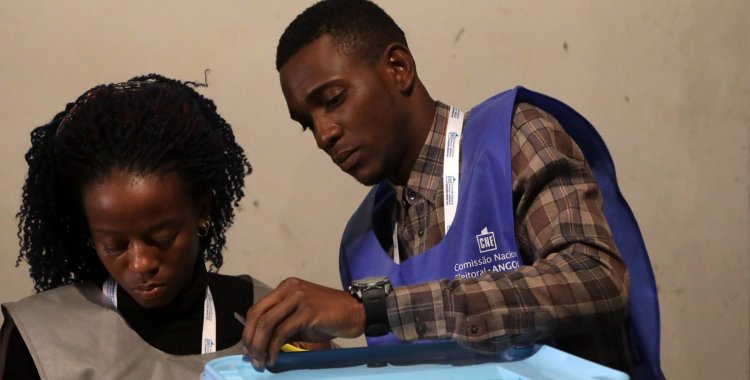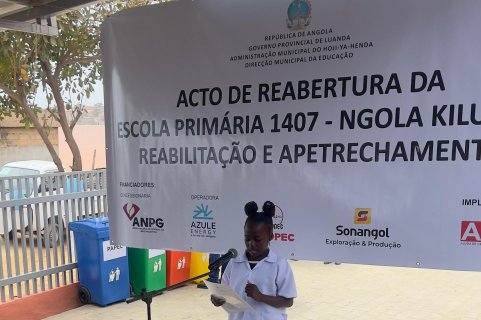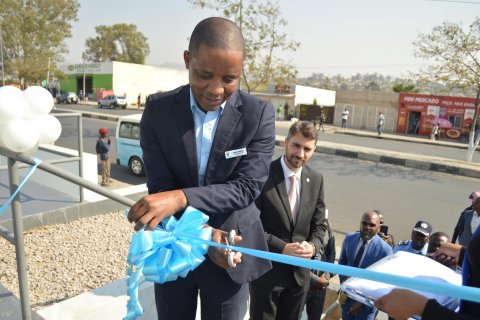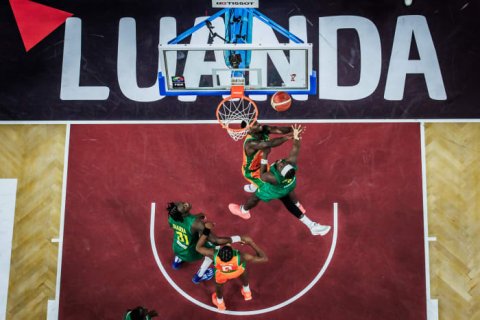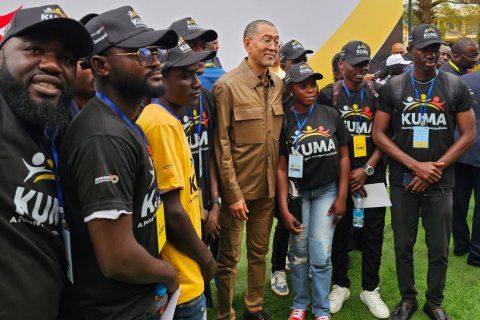The meeting, initiated by the Episcopal Commission for Justice and Peace of the Episcopal Conference of Angola and São Tomé (CEAST), in partnership with the German foundation Konrad Adenaur (KAS), brought together Angolan political actors and members of civil society at the conference until Saturday called "Angola and the Paths of Building Democracy: Challenges and Perspectives".
The Metropolitan Archbishop of Lubango and chairman of the Justice and Peace and Migration Committee of CEAST, Gabriel Mbilingui, said in his opening message of the conference, read by CEAST secretary general, Father Celestino Epalanga, that with the current moment, marked by political activities of pre-electoral campaign – albeit unofficial – "gain new vigor the dream of Angolans of a prosperous country".
And, he added, "of a democratic State and rule of law without corruption, socially fair and economically sustainable, where one seeks to build a better life for everyone and not just for the privileged few."
According to Gabriel Mbilingui, the two institutions came together at the event to contribute with debates and reflections, animated by the various stakeholders, for the construction of an increasingly democratic Angola, as well as to understand, through the discussion on the most varied aspects, the situation in which the country finds itself.
"It is intended to bring to public reflection in the analysis of the electoral processes carried out in our country and gather from these experiences contributions that may be useful for our journey towards the elections scheduled for 2022", he said.
In turn, Luís Jimbo, coordinator of the Angolan Electoral Observatory, one of the speakers at the roundtable on the "Analysis of Electoral Processes and Results from 2012 to 2017", said that the electoral observation of a national citizen is voluntary, being this "a civic task" to accompany the process.
"Well, it cannot be onerous for the citizen. In 2017, the electoral process for an observer, we spent an average of 25,000 kwanzas to 50,000 kwanzas", informed Luís Jimbo, referring to expenses with bureaucratic issues, namely criminal records and others required documents.
Jimbo also pointed out as a challenge to overcome the absence of a legal instrument that allows citizens to claim a violation of their right to vote, a possibility that exists only for political parties, as an administrative dispute before the National Electoral Commission (CNE).
According to Luís Jimbo, in the 2012 and 2017 general elections, several recommendations of international observations found that there were many electoral complaints from political parties and citizens, but there are no lawsuits in the courts.
The deputy of the National Union for the Total Independence of Angola (UNITA), Faustino Mumbica, pointed out as paths to the credibility of the Angolan elections the accreditation of observers, list delegates, recurrent aspects highlighted in the recommendations for improvements by international observers in all electoral processes already carried out in the country.
"UNITA made a set of proposals, both in the changes that were made in 2011 and in those that are being made this year and we would like to highlight the composition of the CNE, on the issue of parity of competitors, it means that civil society here can play an important role, because as long as we have competitive processes, in which one of the competitors decides, I don't know if we are talking about fair processes", he stressed.
The representative of the Popular Movement for the Liberation of Angola (MPLA), Nani Vontade, said that it is his party's understanding that in all stages of organization, execution, electoral processes, the main political actors participate, as it is "a methodology useful and necessary in order to reduce as much as possible the levels of conflict within the electoral process".
Nani Will, a university professor, considered it essential for the "fairness of an electoral process", that citizens register, that all political parties campaign within the framework of the law and that there is a clear electoral accounting, in which the political parties themselves participate, through their representatives at the polling stations.

